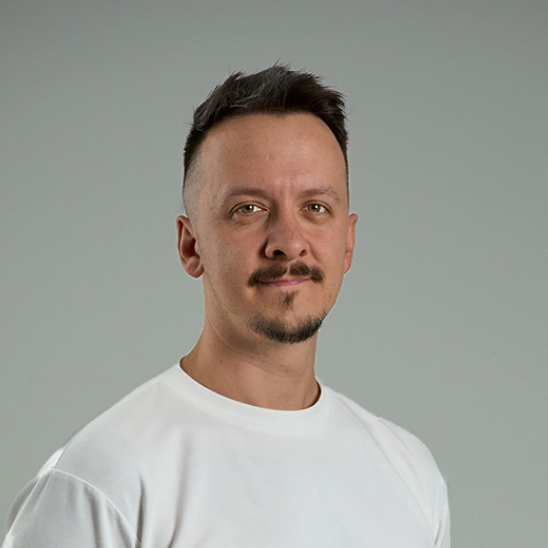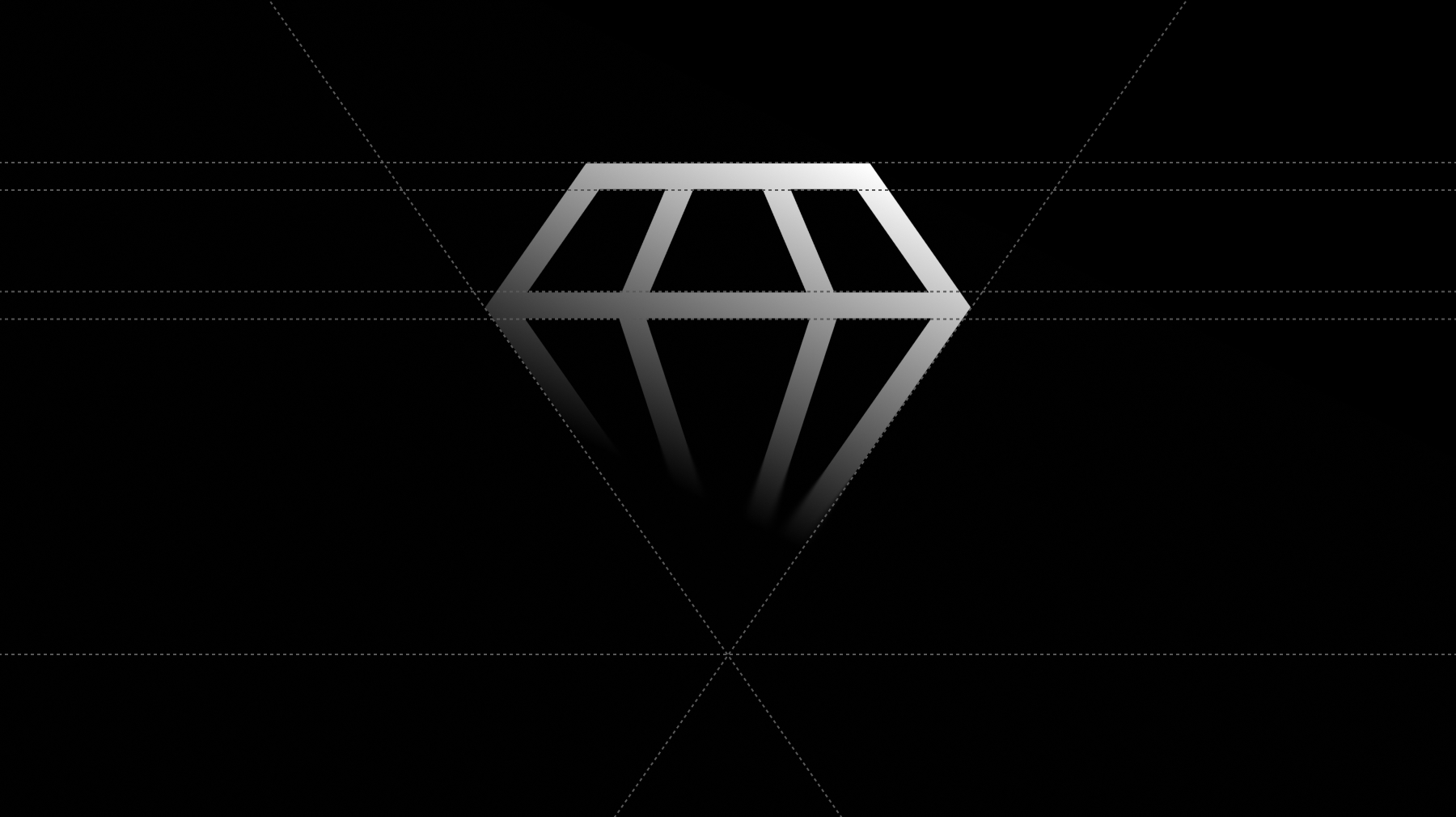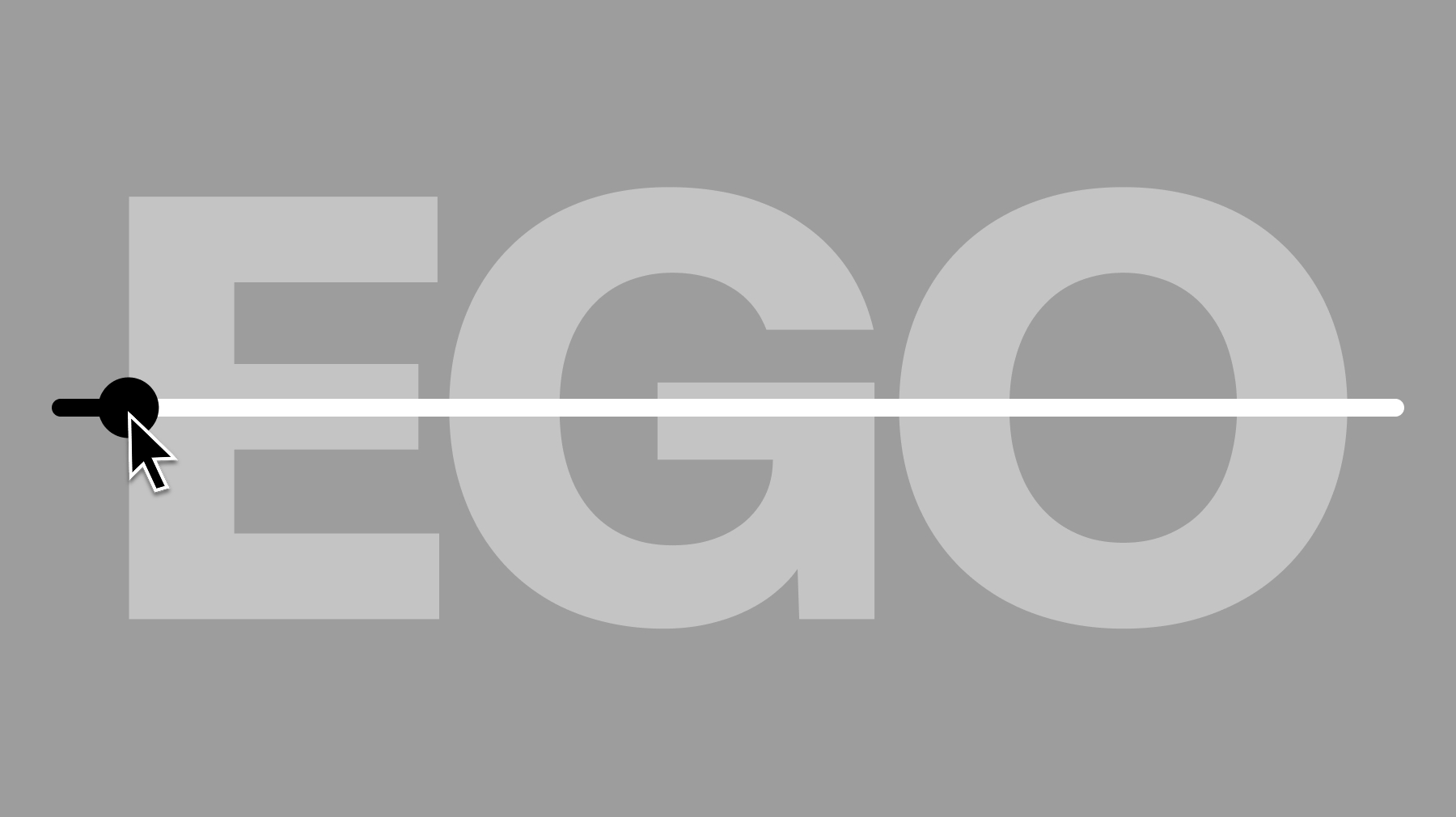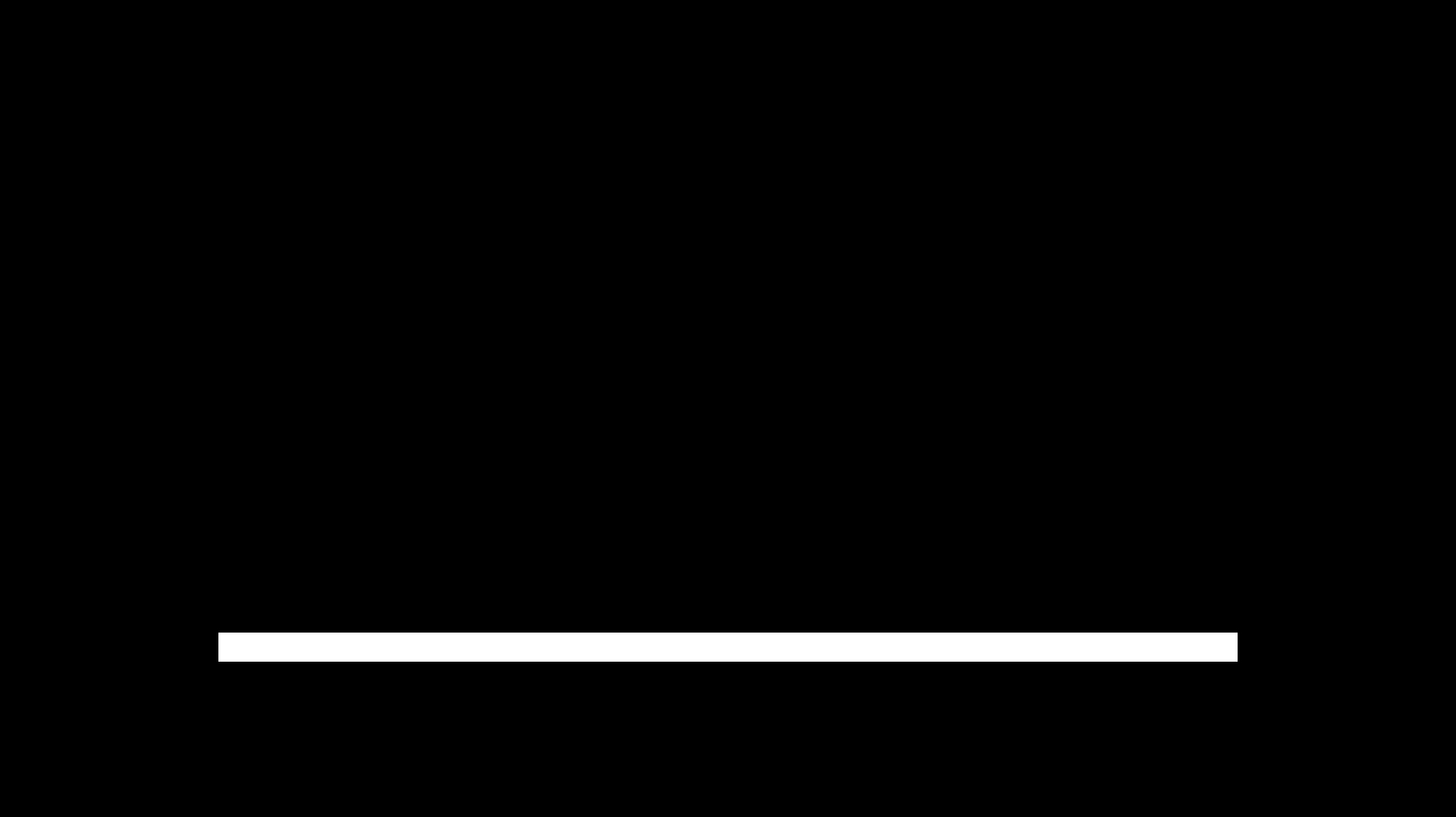You are not your tool
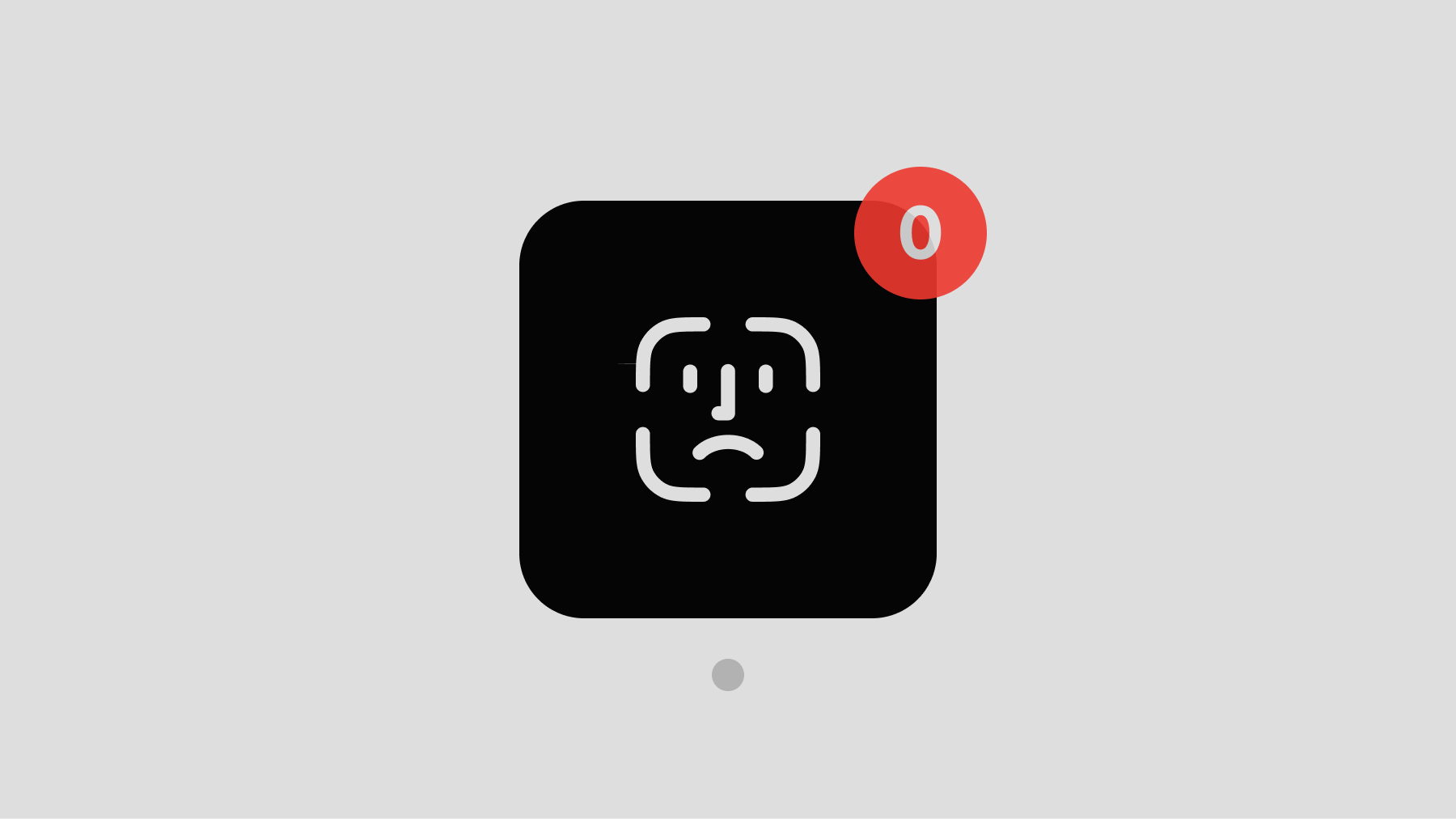
It feels intuitive for professionals to define themselves by the tools they use, but that mindset carries risks I have seen many times. I want to talk about this more broadly, because whether you work in design, development, or another creative field, the problem is the same.
Many developers lean on a favorite tech stack or CMS and bring it into every project, whether or not it is the right fit. It feels efficient: you have mastered one system, so why waste time learning another?
The problem is that what is convenient for you is not always best for the project or the client. And most developers know this, at least on some level.
Dependency creates fragility
Another big problem, in my view, is the dependency that comes from relying on a single solution. Take the example of a CMS or a no-code website builder (Webflow, Framer, etc.). It’s fine to focus on a popular platform, to specialize in it, or even to market yourself as an expert. The issue arises when you depend on it completely. If your entire professional identity and business are tied to one tool, you’re building on fragile ground.
Tools evolve, pricing models shift, companies shut down, and features change overnight. When that happens, it helps if you are not locked in. The more you can adapt quickly, explore alternatives, and choose the best solution for each project, the stronger your position will be.
Trust your skills, not just your software
What defines you as a professional is not the brand of software you use but the skills and knowledge you bring to the table. Take design as an example: if someone took away all your tools, you should still be able to create. Design is not about pushing pixels in Figma, it is about understanding principles and solving problems with logic and intention. The same applies to web development. True expertise goes far beyond knowing how to operate a tool that builds a website for you.
When you work only within one tool, there is a real risk: you may start forcing every project into the shape that fits your software instead of tailoring your process to the actual requirements. That’s far from ideal.
Use the tools that make your work easier, better, or more effective. Master them, even specialize in them. But never confuse your tools with your talent.
At the end of the day, tools will change. Your core skills are what remain.
Read more
